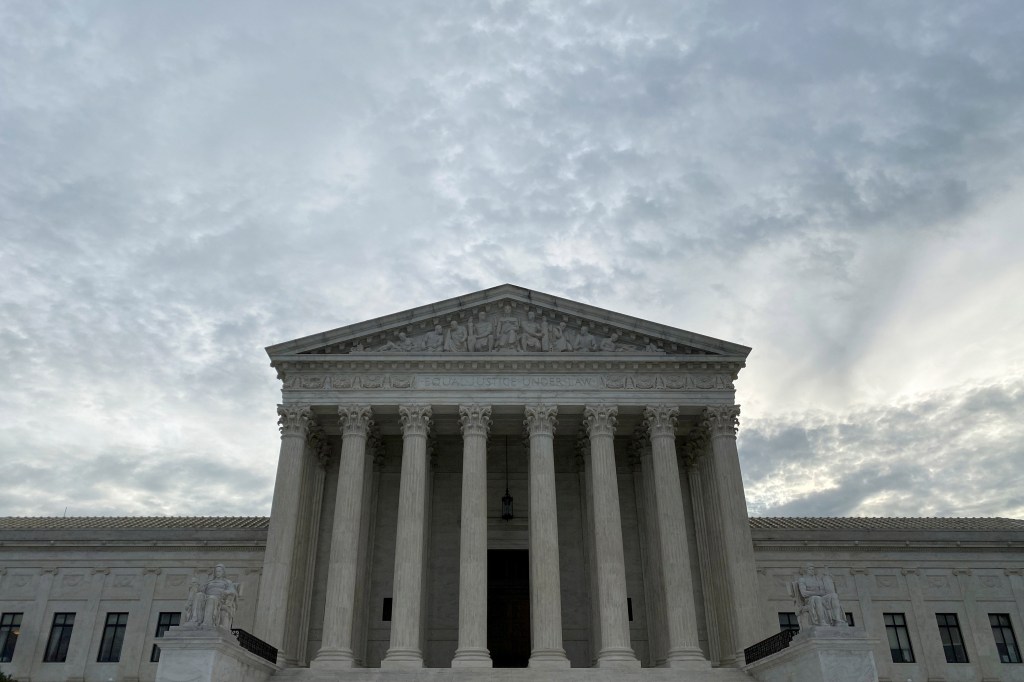The Supreme Court returns to the courtroom for a new term Monday with several highly-anticipated cases, including a direct challenge to both Roe V. Wade and Planned Parenthood v. Casey. Both of those cases guaranteed a woman’s right to an abortion nationwide.
Dobbs v. Jackson Women’s Health has to do with Mississippi’s ban on most abortions after 15 weeks of pregnancy. Lower courts blocked the ban. The Supreme Court agreed to review those rulings during its new term.
The ruling could have consequences stretching beyond the state of Mississippi. If the new Supreme Court term leads to a reversal of lower court rulings, abortions would be banned in a dozen states and severely restricted in about a dozen others.
The case will also serve as the latest test of power for the conservative wing of the court, which holds a 6-3 majority. In September, the court denied an emergency appeal from abortion providers in Texas regarding the state’s newly enacted abortion law. Arguments in the Dobbs v. Jackson’s Women’s Health case are expected Dec. 1.
The new Supreme Court term will also bring a case that could expand gun rights in the United States. New York State Rifle & Pistol Assn. v. Bruen, which addresses the right to carry a firearm in public, involves the state’s restrictive gun permit law. New York state is among six states that limit who has the right to carry a weapon in public. Arguments in this case are expected to be heard Nov. 3.
The new term gets underway 18 months after justices abandoned Supreme Court chambers due to the pandemic. The court announced its return last month.
However, not all Supreme Court justices will be in attendance for the start of the new term. Justice Brett Kavanaugh was expected to participate remotely from his home after testing positive for COVID-19 late last week. The court said Kavanaugh was showing no symptoms. Kavanaugh, along with the rest of the justices, have been vaccinated. It is unclear which, if any, of the justices who are eligible for booster shots have gotten them.

